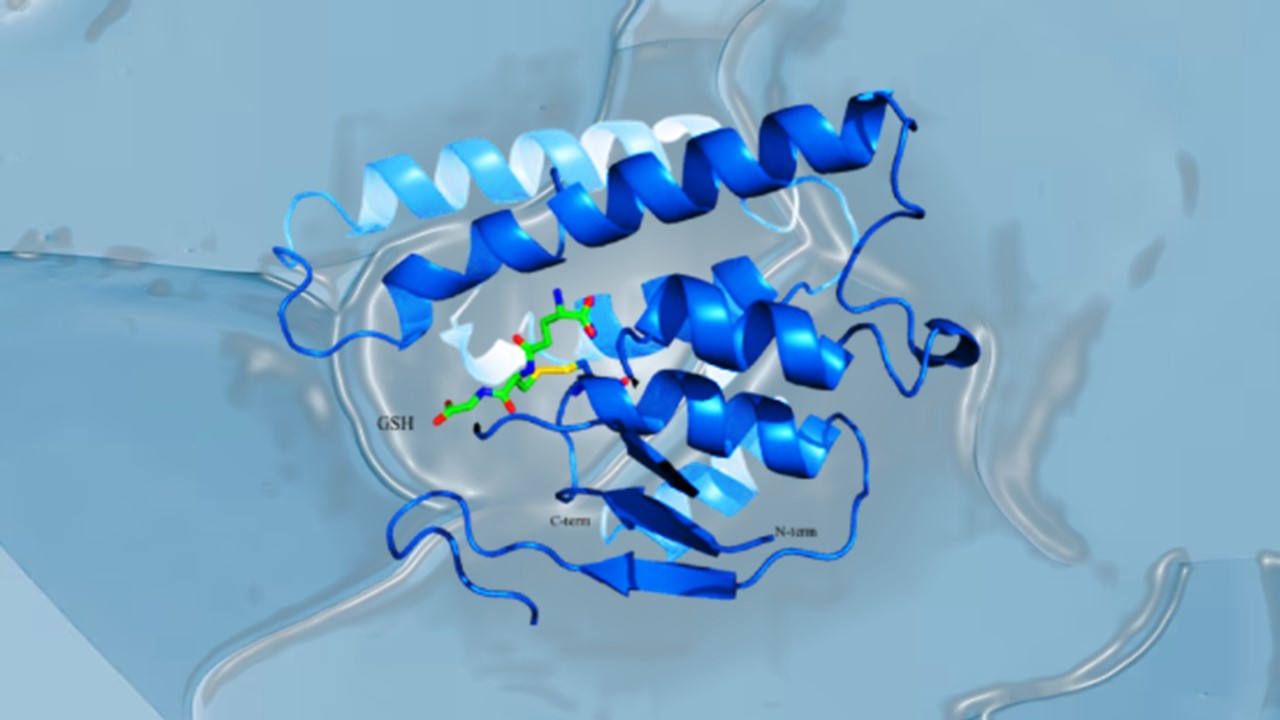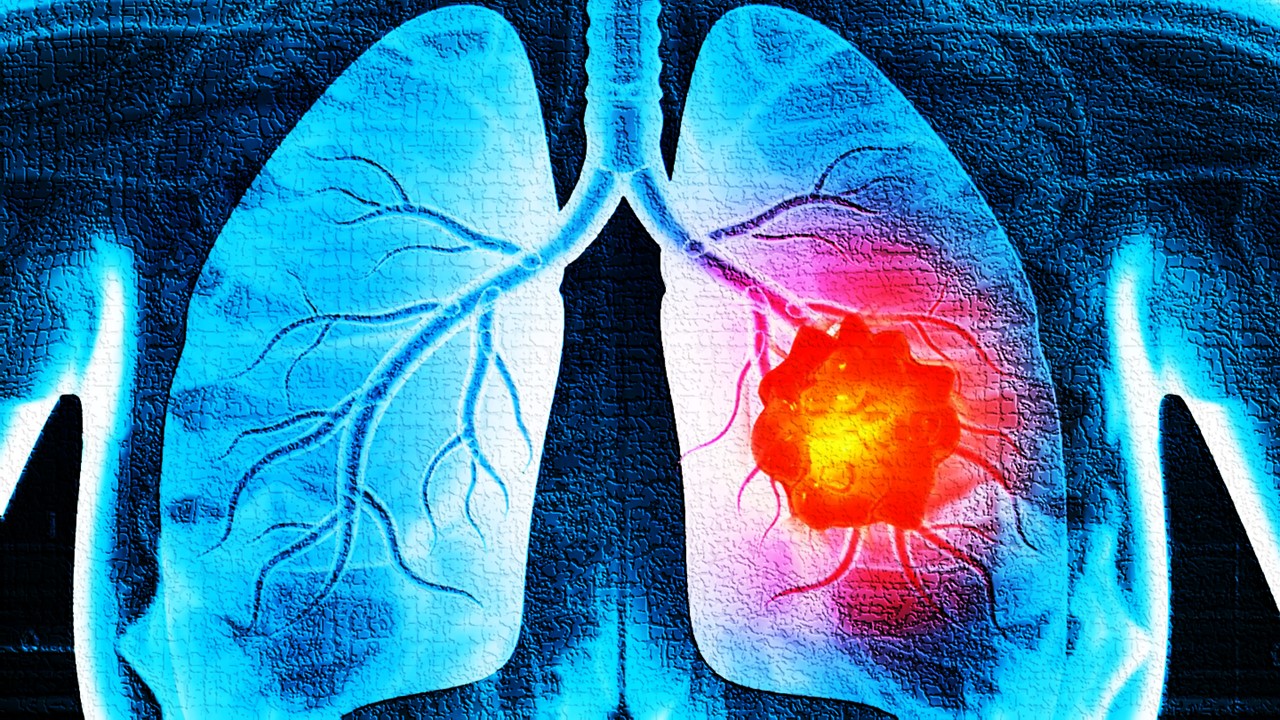Acting NIH Director Lawrence Tabak, D.D.S., Ph.D., delves into the fascinating realm of immune resilience in his latest blog post, highlighting its vital role in promoting longevity and a healthy life. Supported by an NIH-funded study led by Sunil Ahuja from the University of Texas Health Science Center and the Department of Veterans Affairs Center for Personalized Medicine, this groundbreaking research introduces a novel concept: the ability of the immune system to mount effective defenses against infections and inflammatory stressors while swiftly recovering and maintaining controlled inflammation.
Unraveling the Measure of Immune Resilience
To understand the impact of immune resilience on health outcomes and lifespan, the research team examined various studies encompassing individuals with diverse health conditions and immune system challenges. Developing two metrics for measuring immune resilience, the researchers introduced immune health grades (IHGs) to assess the balance of infection-fighting T-cells, and a gene expression pattern analysis to identify patterns associated with survival and mortality.
Strong Immune Resilience, Better Health
Drawing from a vast collection of data from different studies conducted across the globe, the research team observed a strong correlation between high immune resilience and improved health outcomes. Optimal immune resilience not only predicted a longer lifespan but also conferred resistance to HIV, influenza, skin cancer recurrence, and enhanced survival rates in COVID-19 and sepsis patients.
A Fascinating Journey into Immune Resilience
The study also revealed intriguing findings, such as certain individuals maintaining higher immune resilience even with age and inflammatory stressors like HIV infection or acute COVID-19. Surprisingly, individuals of all ages displayed varying levels of immune resilience, with females exhibiting higher resilience compared to males.
Paving the Way for Future Possibilities
As we strive to comprehend the factors underlying diverse immune resilience, further research holds the promise of developing interventions to enhance or restore this vital attribute. Monitoring immune resilience through regular checkups could potentially predict an individual’s health status and susceptibility to various conditions, leading to tailored treatment plans and improved outcomes. Additionally, immune resilience may influence vaccine clinical trial design, shaping the future of immunization strategies.
Addressing Health Disparities and Embracing Balanced Immunity
An in-depth understanding of immune resilience and strategies to bolster it may hold the key to addressing health disparities linked to factors such as race, ethnicity, and geography. As we focus on healthy lifestyles and preventive measures, future considerations of immune resilience could provide an additional dimension to our pursuit of optimal well-being, ultimately fostering a more balanced and robust immune status.
Conclusion
As we embrace these findings, the future holds the promise of personalized interventions to nurture our immune systems, leading us towards a longer and healthier life. This groundbreaking research paves the way for a new era of healthcare where immune resilience takes center stage, empowering us to proactively protect and optimize our immune health.
About the Acting NIH Director
Lawrence A. Tabak, D.D.S., Ph.D., a distinguished figure in the field of biomedical research and healthcare administration, assumed the role of Acting Director of the National Institutes of Health (NIH) on December 20, 2021. Dr. Tabak brings with him a wealth of experience, having served as the Principal Deputy Director and the Deputy Ethics Counselor of NIH since August 2010. His previous leadership roles include Acting Principal Deputy Director of NIH in 2009 and Director of the National Institute of Dental and Craniofacial Research from 2000 to 2010.
Before joining NIH, Dr. Tabak held the position of Senior Associate Dean for Research and was a Professor of Dentistry and Biochemistry & Biophysics in the School of Medicine and Dentistry at the University of Rochester in New York. As a recipient of the prestigious NIH MERIT award, Dr. Tabak has dedicated his research endeavors to unraveling the intricacies of glycoproteins, focusing on their structure, biosynthesis, and function. His commitment to scientific exploration remains steadfast, as he continues to lead an active research laboratory within the NIH intramural program while fulfilling his administrative responsibilities.
Recognized for his contributions to the field, Dr. Tabak is an elected member of the National Academy of Medicine (formerly known as the Institute of Medicine) of the National Academies. His academic journey includes an undergraduate degree from City College of New York, a D.D.S. from Columbia University, and a Ph.D. from the University at Buffalo.
Dr. Tabak’s extensive expertise and dedication to advancing biomedical research make him an invaluable leader in steering the NIH towards groundbreaking discoveries and transformative healthcare solutions. With his wealth of knowledge and visionary approach, Dr. Tabak continues to shape the future of medical innovation and foster collaborations that drive scientific progress.
About the NIH
The National Institutes of Health (NIH) holds a significant position within the U.S. Department of Health and Human Services, serving as the premier agency dedicated to medical research in the nation. With a steadfast commitment to scientific exploration, the NIH consistently achieves pivotal breakthroughs that have a profound impact on enhancing well-being and preserving precious human lives.
By driving the frontiers of knowledge and leveraging the expertise of brilliant researchers, the NIH continually unearths critical findings that shape the landscape of healthcare. Through its tireless pursuit of innovation, the NIH stands as a beacon of hope, bringing about tangible advancements that not only elevate health outcomes but also serve as catalysts for transformative change. By fostering collaboration, allocating resources strategically, and championing groundbreaking initiatives, the NIH embodies a relentless quest for excellence, revolutionizing the field of medicine and leaving an indelible mark on the fabric of society.
Subscribe
to get our
LATEST NEWS
Related Posts

Immunology & Oncology
The Silent Guardian: How GAS1 Shapes the Landscape of Metastatic Melanoma
GAS1’s discovery represents a beacon of hope in the fight against metastatic disease.

Immunology & Oncology
Resistance Mechanisms Unveiled: The Role of Glutathione S-Transferase in Cancer Therapy Failures
Understanding this dual role of GSTs as both protectors and accomplices to malignancies is central to tackling drug resistance.
Read More Articles
Myosin’s Molecular Toggle: How Dimerization of the Globular Tail Domain Controls the Motor Function of Myo5a
Myo5a exists in either an inhibited, triangulated rest or an extended, motile activation, each conformation dictated by the interplay between the GTD and its surroundings.
Designing Better Sugar Stoppers: Engineering Selective α-Glucosidase Inhibitors via Fragment-Based Dynamic Chemistry
One of the most pressing challenges in anti-diabetic therapy is reducing the unpleasant and often debilitating gastrointestinal side effects that accompany α-amylase inhibition.













